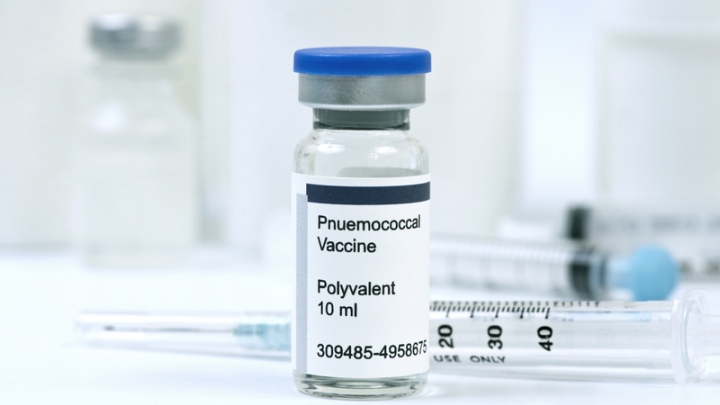(RxWiki News) In 2017, pneumonia killed nearly 50,000 people in the United States, according to the Centers for Disease Control and Prevention (CDC). But there is a vaccine that can prevent this lung infection.
Below, we've answered some common questions about the pneumococcal vaccine.
Who needs to get the pneumococcal vaccine?
The CDC advises that children younger than 2 and adults older than 65 should receive the vaccine. In some cases, people between the ages of 2 and 65 who have certain medical conditions may need to receive the pneumococcal vaccine.
There are two types of pneumococcal vaccine: PCV13 and PPSV23. Generally, PCV13 is for children younger than 2 and PPSV23 is for adults older than 65.
People who have had allergic reactions to similar vaccines, those who have a serious illness and pregnant women may be advised not to get the vaccine at the moment. Speak with your health care provider to see if this vaccine is right for you.
Does the pneumococcal vaccine work?
Like most vaccines, the pneumococcal vaccine has been shown to be effective in preventing pneumonia, but it does not work with 100 percent accuracy.
According to the CDC, this vaccine protects against serious pneumococcal disease in 8 out of 10 babies who receive it. For adults older than 65, the vaccine appears to prevent serious disease in 75 out of 100 recipients.
Are there any side effects to watch out for?
Possible side effects of the pneumococcal vaccine include fever, muscle aches, chills, headaches, loss of appetite, fussiness (in babies), feeling tired and injection-site reactions like swelling, pain and tenderness.
Who can give me the pneumococcal vaccine?
Most health care professionals can give the pneumococcal vaccine. This may include your pediatrician, family care provider, pharmacist or health department. If you're not sure where to start, call your local pharmacy or family health care provider for more information.








